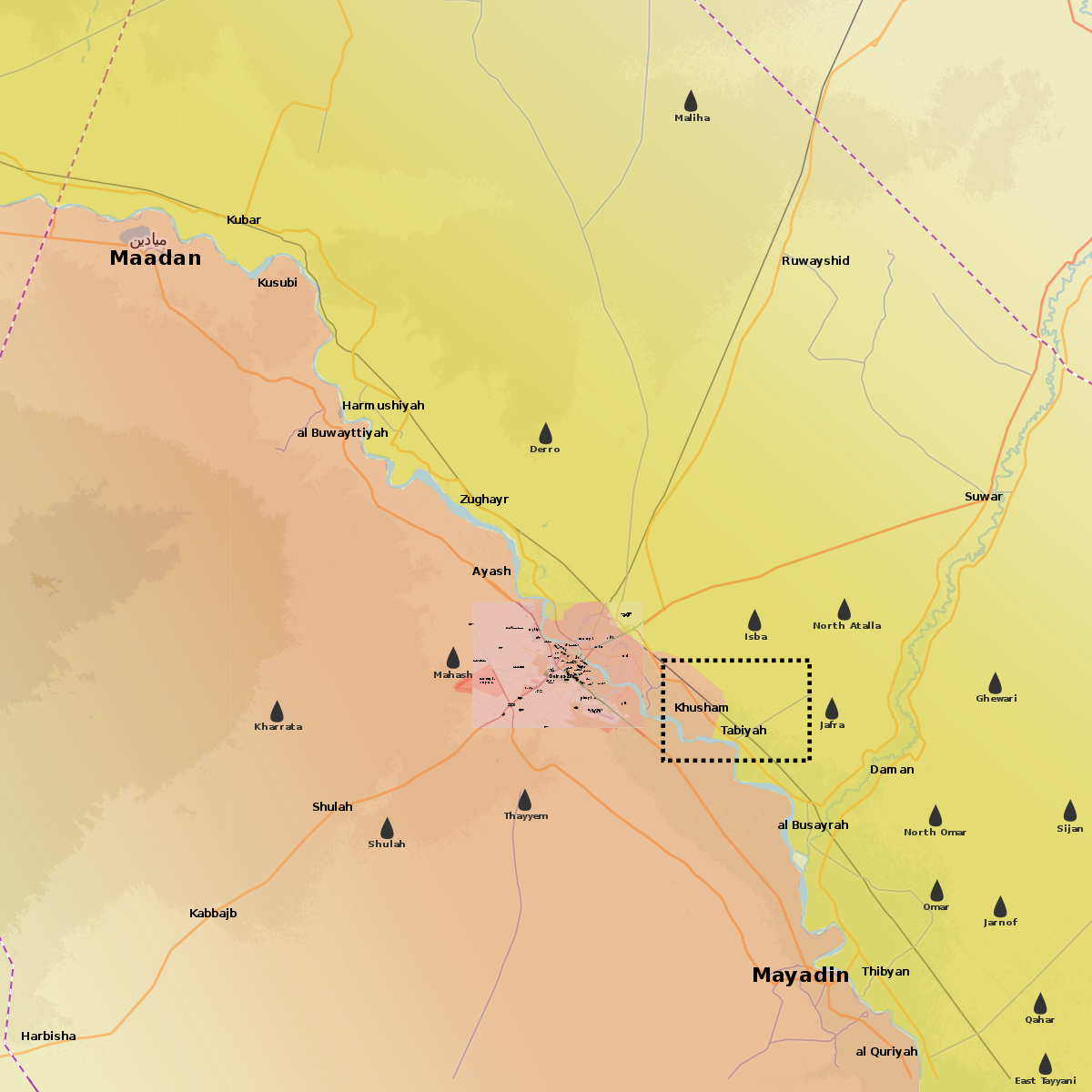A report in Rossiyskaya Gazeta, a newspaper owned by the Russian government, said that 5,000 Ukrainians had been processed at the camp in Bezimenne and undergone checks to prevent “Ukrainian nationalists from infiltrating Russia disguised as refugees so they could avoid punishment”.
The woman described how she was photographed and fingerprinted once she entered the camp. She was then “extensively questioned” by men who presented themselves as members of Russia’s FSB security service.
“They went through my phone; they asked if I knew anything about the Ukrainian army, if I had friends in the military,” she said. “They also asked me what I thought about Ukraine, about Putin and about the conflict. It was very degrading.”
After passing through the “filtration camp”, which took a few hours, according to the woman, the group was eventually taken to Rostov, a city 80 miles (130km) east of the Ukrainian border. Once there, the group was told that their final destination would be Vladimir, a city just over 100 miles (160km) east of Moscow.
But in Rostov, the woman decided to separate from the main group, telling the Russian guards she had family living there. “They let me go without much hassle. But for many, leaving was simply not an option,” she said.
The woman recalled that many on the bus complained that they were given only a few minutes to gather their belongings and often did not have any money or official papers, making it complicated to leave Russia afterwards. After separating from the group, the woman made her way first to Moscow by bus and then took a train to St Petersburg. She said she was now safe after crossing the border to an EU country on foot.
The scale of Russia’s reported forced deportations remains unclear. The Helping to Leave Fund, a Russian-run group that addresses the needs of people relocated to Russia from Ukraine, said they had received about 200 requests from deported Ukrainians asking them for help.
“Each of those requests usually comes from a whole family, so the actual number of people deported is higher,” said Maria Ivanova, a representative of the group.
Ivanova said the group saw an increase in requests for help from 28 March and heard first-hand reports of “long lines” at the “filtration camps”.
The reported deportations have raised alarm among international human rights groups.
“These people weren’t given any option to evacuate to a safer place in Ukraine. Many found themselves in a situation when their only choice was essentially crossing into Russia or dying as shelling grew more intense,” said Tatyana Lokshina, associate director for the Human Rights Watch’s
Europe and central Asia division.






